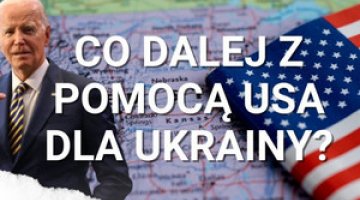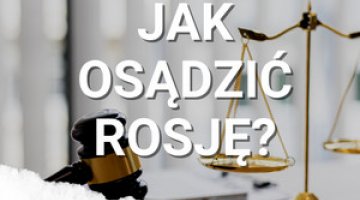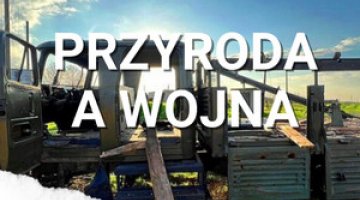President Poroshenko and the ‘Panama papers'
The papers disclosed by the International Consortium of Investigative Journalists (ICIJ), the Organised Crime and Corruption Reporting Project (OCCRP) concerning the use of so-called ‘tax havens’ by public figures include information about some Ukrainian citizens. The reports concerning Petro Poroshenko are the most important and have been developed in co-operation with the independent Ukrainian television station Hromadske TV. According to those reports, on 21 August 2014, Poroshenko secretly registered a company named Prime Asset Partners in the British Virgin Islands. The company was intended to play the role of a managing holding for Roshen, his most important business. Poroshenko registered two more companies in September and December 2014 in Cyprus and Holland.
In their investigation, the journalists emphasised that the firms were registered for the purpose of tax optimisation ahead of a possible sale of Roshen, which had been promised in the election campaign. The journalists have also concluded that, contrary to the declarations made by Poroshenko himself, he had not handed over Roshen to a board of trustees in the form of a blind trust (the owner is then deprived of influence over the firm for some time) that was expected to be headed by a Western investment bank. It has been highlighted in the papers that Poroshenko registered the firm in a tax haven at the time when the Battle of Ilovaisk was being fought, which ended up in Ukrainian troops being defeated. The Ukrainian president has refuted all allegations in a short comment.
Commentary
- It is a standard situation in Ukraine that most of the key firms are controlled by companies registered in so-called ‘tax havens’. This is used for tax optimisation and to better protect them from possible hostile takeovers. It is not against the law to register companies in so-called ‘tax havens’, but Poroshenko should have declared this fact in his tax return. Nor can it be ruled out that setting up the holding on the British Virgin Islands was in fact linked with preparations to sell Roshen and that this scheme could be used to avoid paying the transactions tax in Ukraine in the future. However, the president’s company has not been sold (there was no buyer who willing to pay the requested US$3 billion). Instead it was handed over on 14 January 2016 to a board of trustees, which was most likely established. It thus appears that Poroshenko did not break the law.
- However, the published papers affect the way the president will be seen by the Ukrainian public, since it presents him as a person who cared mainly about his own interests during a situation of war with Russia. It may be expected that public support for Poroshenko (currently around 22%) will fall further as a consequence of the ‘Panama scandal’, and thus his political position will weaken. This will be especially disadvantageous ahead of a possible snap parliamentary election that may be scheduled in the next few months. Even though the scandal has undermined President Poroshenko’s political position, it is unlikely to cause any direct political repercussions. Despite criticism from some of the political parties, the Radical Party’s proposal to impeach the president has no chance of success.




